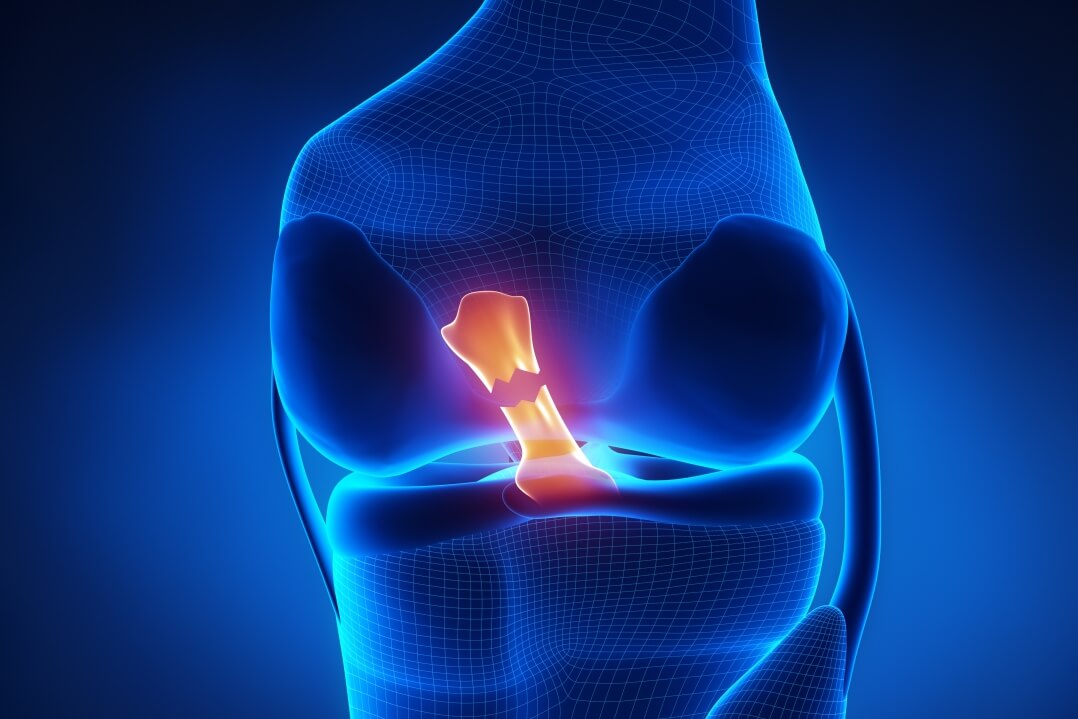ACL Tear Treatment in Madipakkam
Expert ACL reconstruction and rehabilitation services by Dr. Arun Kumar for complete knee stability restoration
BOOK AN APPOINTMENT
Expert ACL reconstruction and rehabilitation services by Dr. Arun Kumar for complete knee stability restoration
BOOK AN APPOINTMENT
An ACL tear happens when the anterior cruciate ligament in the knee is overstretched or torn. This ligament connects the thigh bone (femur) to the shin bone (tibia) and helps keep the knee stable.
ACL injuries are common among athletes who play sports that involve sudden stops, twisting, or changes in direction, such as football, basketball, and cricket. But they can also happen in daily life due to falls, accidents, or sudden awkward movements.
If you have an ACL tear in Madipakkam , you may notice:
ACL tears can happen due to:
Athletes, women (due to knee anatomy differences), and people with previous knee injuries are at a higher risk.
Treatment depends on the severity of the tear and the patient's activity level.
For complete ACL tears or patients who want to return to sports, surgery may be recommended.
Dr. Arun Kumar carefully evaluates each patient and recommends surgery only when necessary, ensuring the treatment matches the patient's lifestyle and goals.
Recovering from an ACL tear in Chennai takes time and patience. The recovery plan may include:
Following the doctor's guidance and not rushing recovery is key to avoiding reinjury.
Dr. Arun Kumar ensures every patient with an ACL injury gets the best care to restore stability and return to an active life.
An ACL tear usually causes a popping sound, rapid swelling, and knee instability, while a sprain is less severe. An orthopedic doctor can confirm with scans.
Partial tears may heal with rest, physiotherapy, and bracing. Complete tears usually need ACL reconstruction surgery for active patients or athletes.
Most patients return to normal daily activities in 6–8 weeks, but full sports recovery may take 6–9 months with proper rehabilitation.
Leaving it untreated can cause repeated knee instability, further damage to cartilage or meniscus, and early arthritis.